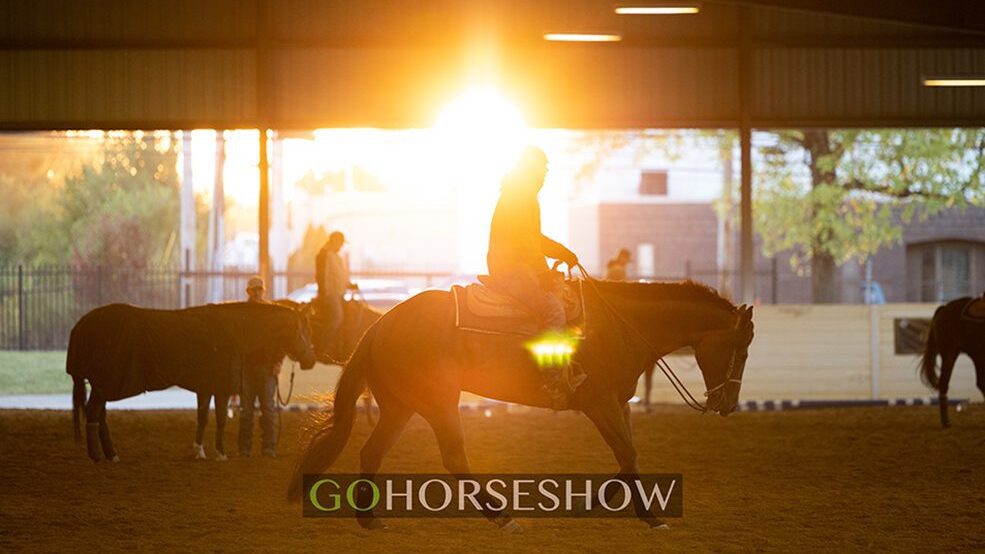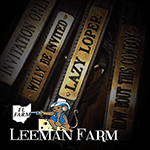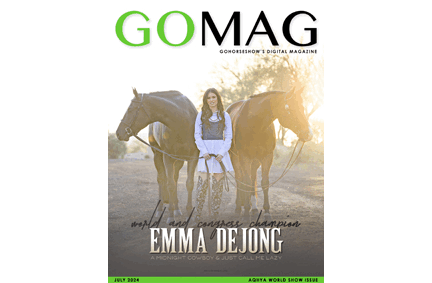Trainers have to deal with tough scenarios involving putting horse and rider teams together throughout their long careers. Some include having to deal with riders who are more talented than their horses and vice versa, a rider who doesn’t have the natural talent to match the talent of their horse.
Top professionals often have to navigate how to maximize the potential of mismatched teams. We talked to multiple coaches and trainers on how they handled this often hot button issue with their clients.
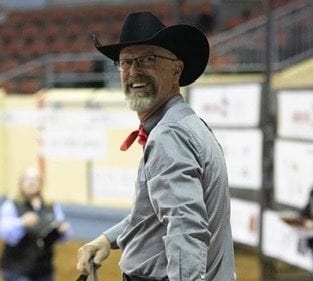 Kelly McDowall – I have been fortunate enough in the past to have several customers that were willing and had the money to let me pick them a horse that fit them as a rider. To find a horse that already knows the events and understands the riders way of communicating with their equine partner is always the quickest way to build a competitive team. This isn’t always the case, however. My tactic for building a partnership out of a mismatched horse and rider team is to educate them both to the best of my ability, both separately and together. I put the rider on many horses, not just theirs, to work on their abilities to communicate with different types of horses. I will also have others ride their horse so that it also learns how to take direction from many different people. I simply try to make the best horse that I can and the best rider that I can and hope they get together in the end. If I see that it’s just not going to work, we will formulate plan and timeframe to replace the current horse with a new one, either by leasing or selling and buying a new one.
Kelly McDowall – I have been fortunate enough in the past to have several customers that were willing and had the money to let me pick them a horse that fit them as a rider. To find a horse that already knows the events and understands the riders way of communicating with their equine partner is always the quickest way to build a competitive team. This isn’t always the case, however. My tactic for building a partnership out of a mismatched horse and rider team is to educate them both to the best of my ability, both separately and together. I put the rider on many horses, not just theirs, to work on their abilities to communicate with different types of horses. I will also have others ride their horse so that it also learns how to take direction from many different people. I simply try to make the best horse that I can and the best rider that I can and hope they get together in the end. If I see that it’s just not going to work, we will formulate plan and timeframe to replace the current horse with a new one, either by leasing or selling and buying a new one.
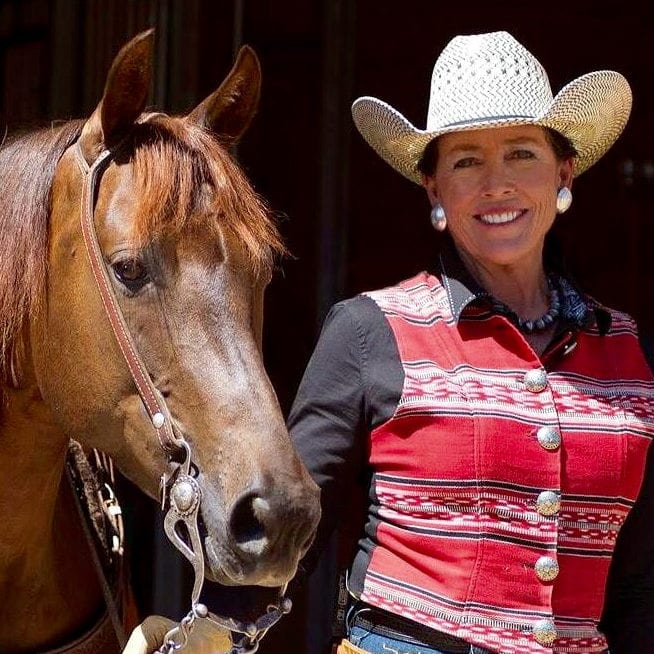 Laurel Walker Denton – I deal with horses and riders from the Ranch side of the arena, both of which are less focused on the perfect pattern. A rider that is more talented than their horse is not such a huge problem for me. We work on asking more at home and learning how to be happy with the results. You can always get a horse to trot bigger, or turn around a little snappier. The process makes for a better rider overall. The other issue of having a horse that is more talented than a rider can be a big problem in the Ranch arena. A timid rider can cause a horse to think too much and try to overachieve on his own. I also deal with the “Honeymoon” period where a horse is okay for a month or two, but then becomes angry or anxious with a not so talented rider. I do not drill maneuvers in this situation. It only adds to the frustration for both horse and rider. We work on small distances between transitions, so both do not overthink the issue. I also think it is best for a green rider to ride a super talented horse not more than two times a week. It is a difficult situation for sure, but the horse has to become comfortable with stepping down to the rider. Sometimes that takes some time. One thing, as a judge, I see all too often is a pattern horse who has been drilled too much and is anticipating the maneuvers. That is never a good scenario for either horse or rider. If the pattern calls for a right turn, we go left a lot and right once or twice. I realize the rider wants to practice the pattern exactly as it is drawn, but that can be so detrimental. After all, the reason for patterns is to advance our horsemanship skills and become a team with your horse. The most important thing is to enjoy the ride.
Laurel Walker Denton – I deal with horses and riders from the Ranch side of the arena, both of which are less focused on the perfect pattern. A rider that is more talented than their horse is not such a huge problem for me. We work on asking more at home and learning how to be happy with the results. You can always get a horse to trot bigger, or turn around a little snappier. The process makes for a better rider overall. The other issue of having a horse that is more talented than a rider can be a big problem in the Ranch arena. A timid rider can cause a horse to think too much and try to overachieve on his own. I also deal with the “Honeymoon” period where a horse is okay for a month or two, but then becomes angry or anxious with a not so talented rider. I do not drill maneuvers in this situation. It only adds to the frustration for both horse and rider. We work on small distances between transitions, so both do not overthink the issue. I also think it is best for a green rider to ride a super talented horse not more than two times a week. It is a difficult situation for sure, but the horse has to become comfortable with stepping down to the rider. Sometimes that takes some time. One thing, as a judge, I see all too often is a pattern horse who has been drilled too much and is anticipating the maneuvers. That is never a good scenario for either horse or rider. If the pattern calls for a right turn, we go left a lot and right once or twice. I realize the rider wants to practice the pattern exactly as it is drawn, but that can be so detrimental. After all, the reason for patterns is to advance our horsemanship skills and become a team with your horse. The most important thing is to enjoy the ride.
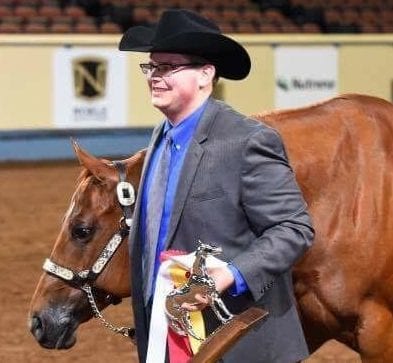 Austin Lester – So, I’ll speak from a personal experience. Growing up, I was very lucky to have a family that supported me in everything I did and did anything they could do to see me succeed. My family is a very hard working farming family and always made you work for what you wanted. So, we never bought the high dollar horses and sometimes we had horses that were just average and weren’t the fanciest, most talented horses. Frustrating at times, yes, but they always made you think outside the box and come up with new ideas on how to make them better and be successful. Looking back, I wouldn’t change a thing about that either. I feel like having those horses helped shape, not only myself, but many others into the rider they are today and made me better. Sometimes those horses that you may consider below your talent level, they can teach you the most and are the ones that can make you a better horsemen. They allow you to figure out how to take what you may consider an average horse and turn it into something that can go on and have success at the national level. I feel sometimes buying a horse above your rider’s skill set is a good thing. For instance, if you were to buy one that already has had tons of success and a great show record, they already have the knowledge and skill to help your rider learn how to get to the next level, as well as teaching them how to do it correctly.
Austin Lester – So, I’ll speak from a personal experience. Growing up, I was very lucky to have a family that supported me in everything I did and did anything they could do to see me succeed. My family is a very hard working farming family and always made you work for what you wanted. So, we never bought the high dollar horses and sometimes we had horses that were just average and weren’t the fanciest, most talented horses. Frustrating at times, yes, but they always made you think outside the box and come up with new ideas on how to make them better and be successful. Looking back, I wouldn’t change a thing about that either. I feel like having those horses helped shape, not only myself, but many others into the rider they are today and made me better. Sometimes those horses that you may consider below your talent level, they can teach you the most and are the ones that can make you a better horsemen. They allow you to figure out how to take what you may consider an average horse and turn it into something that can go on and have success at the national level. I feel sometimes buying a horse above your rider’s skill set is a good thing. For instance, if you were to buy one that already has had tons of success and a great show record, they already have the knowledge and skill to help your rider learn how to get to the next level, as well as teaching them how to do it correctly.
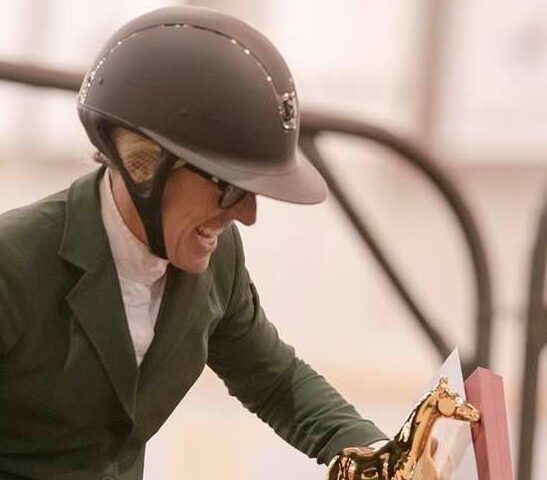 Jennifer Welhouse – So, at my farm when the horse is more talented, I teach them on a school master horse. I call it bridging the gap until the rider can meet the horse’s education level. The flip side is more what I get here…very talented riders with a limited budget. We have won equitation out of 143 entries on a 14.2 working cow horse. Granted Danica is 4’10 so the picture was good. We were laughed at, then we were feared and taken seriously. Many trainers would come up to me and criticize why I had such a great equitation rider on a little cow horse. My response…it’s a horse she raised, loves and in our industry, she can’t afford a big horse with the same talent and training. In this article, I want you to encourage trainers to quit wanting a horse for them or their image. My greatest memories and achievements are on the horses no one else wanted or could ride.
Jennifer Welhouse – So, at my farm when the horse is more talented, I teach them on a school master horse. I call it bridging the gap until the rider can meet the horse’s education level. The flip side is more what I get here…very talented riders with a limited budget. We have won equitation out of 143 entries on a 14.2 working cow horse. Granted Danica is 4’10 so the picture was good. We were laughed at, then we were feared and taken seriously. Many trainers would come up to me and criticize why I had such a great equitation rider on a little cow horse. My response…it’s a horse she raised, loves and in our industry, she can’t afford a big horse with the same talent and training. In this article, I want you to encourage trainers to quit wanting a horse for them or their image. My greatest memories and achievements are on the horses no one else wanted or could ride.
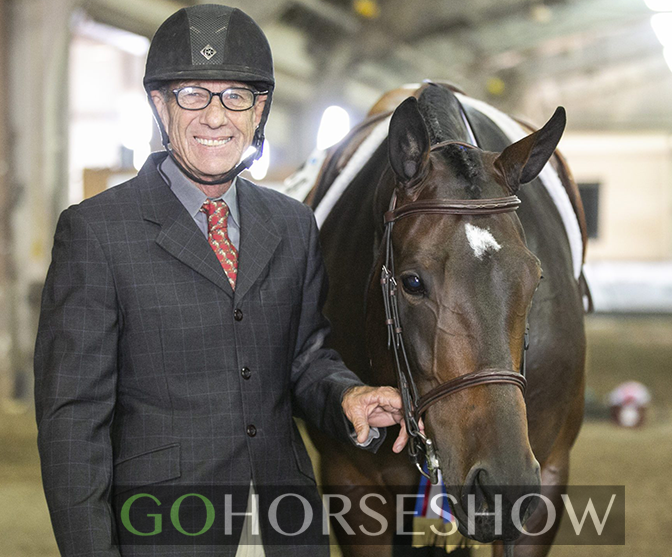 Jerry Erickson – Years ago, I had a youth rider who had outgrown the beginner horse, and we bought her a very good, proven horse. The horse was a bit tricky, and the rider only wanted to show and rarely came to the farm to practice. After struggling the first year, I told the mother that every time my trailer left, this horse would be in it and I expected them to come to whatever show I attended. They were great and the result was two year end high points, a youth world show trophy and a Congress reserve. So, in this case, the consistent riding and showing made the difference.
Jerry Erickson – Years ago, I had a youth rider who had outgrown the beginner horse, and we bought her a very good, proven horse. The horse was a bit tricky, and the rider only wanted to show and rarely came to the farm to practice. After struggling the first year, I told the mother that every time my trailer left, this horse would be in it and I expected them to come to whatever show I attended. They were great and the result was two year end high points, a youth world show trophy and a Congress reserve. So, in this case, the consistent riding and showing made the difference.
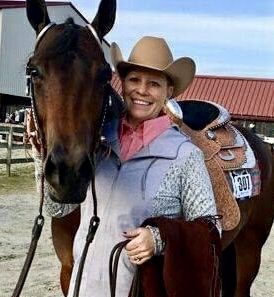 Kerry Allen – Most of my experience is with riders that are more talented than their horses. When that happens, I assess the riders’ strengths, and we discuss a plan based on their goals and what they are looking to achieve showing. I then lean them towards the pattern classes that best suit their strong points, ie; some are better suited for English events and some are better in Horsemanship. There are talented riders that can be super successful in all of the pattern classes and are very capable of taking a lesser talented horse and making it look great. Showmanship is a class that I feel like anyone, or most any horse can accomplish with disciplined and consistent practice. I will say this, witnessing the payoff when a rider has knuckled down and worked hard to be the best they can be with the best horse they have available to them at that time, have been some of the most rewarding moments in my training career.
Kerry Allen – Most of my experience is with riders that are more talented than their horses. When that happens, I assess the riders’ strengths, and we discuss a plan based on their goals and what they are looking to achieve showing. I then lean them towards the pattern classes that best suit their strong points, ie; some are better suited for English events and some are better in Horsemanship. There are talented riders that can be super successful in all of the pattern classes and are very capable of taking a lesser talented horse and making it look great. Showmanship is a class that I feel like anyone, or most any horse can accomplish with disciplined and consistent practice. I will say this, witnessing the payoff when a rider has knuckled down and worked hard to be the best they can be with the best horse they have available to them at that time, have been some of the most rewarding moments in my training career.
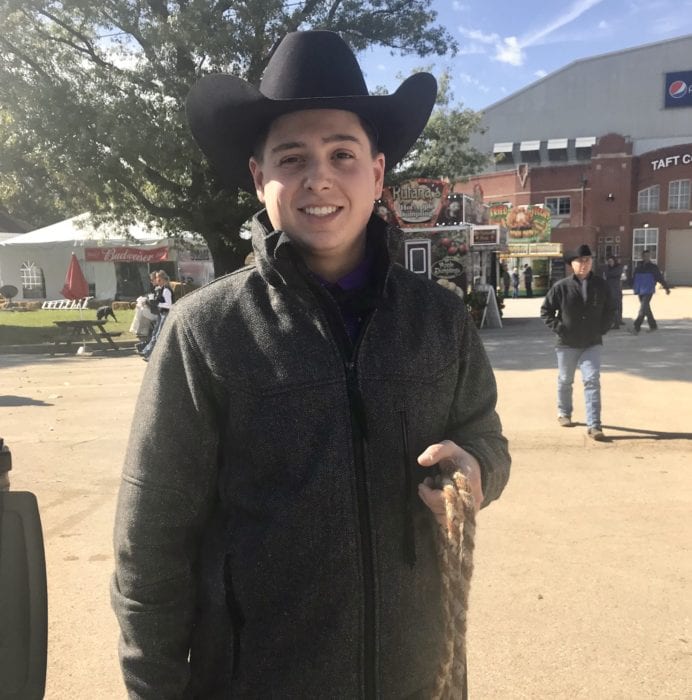 Austin Gooding – In my years as a trainer, I’ve, of course, had both of these scenarios. And this doesn’t only pertain to this question, but just in general, the best course is honesty. It may not always be easy or what the clients want to hear, but at the end of the day, you can always say you were honest no matter what and that plays a huge part in being successful. As far as a rider maybe not being as capable as the horse they have, you still need to make sure it’s the right horse. A really talented green type horse is likely not going to be the fit for that type of rider. To me, a more seasoned, very broke and very quiet horse is the best route in order to build confidence, learn good habits inside and outside the show pen and to enhance the rider’s skills. If a new horse is the route that both parties agree to go, and maybe the particular person’s budget doesn’t allow for the perfect horse, then leasing is always a good option. A good lease horse can be hard to find and take a lot of time to find, but once in a while, you can get lucky and that perfect horse is available. If the budget allows to go out and buy a horse, I can’t stress enough to be sure you’re buying from someone you trust who has a big history in selling horses that go on and do well and people have good things to say about.
Austin Gooding – In my years as a trainer, I’ve, of course, had both of these scenarios. And this doesn’t only pertain to this question, but just in general, the best course is honesty. It may not always be easy or what the clients want to hear, but at the end of the day, you can always say you were honest no matter what and that plays a huge part in being successful. As far as a rider maybe not being as capable as the horse they have, you still need to make sure it’s the right horse. A really talented green type horse is likely not going to be the fit for that type of rider. To me, a more seasoned, very broke and very quiet horse is the best route in order to build confidence, learn good habits inside and outside the show pen and to enhance the rider’s skills. If a new horse is the route that both parties agree to go, and maybe the particular person’s budget doesn’t allow for the perfect horse, then leasing is always a good option. A good lease horse can be hard to find and take a lot of time to find, but once in a while, you can get lucky and that perfect horse is available. If the budget allows to go out and buy a horse, I can’t stress enough to be sure you’re buying from someone you trust who has a big history in selling horses that go on and do well and people have good things to say about.
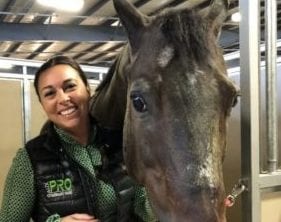 Margaux Tucker – Very tricky scenarios. There are lots of variables that can be considered on both sides of this topic. I tend to help people buy a horse that is a notch or two above their level if the rider is talented enough and will go the extra mile for the horse. Obviously, that is the best case scenario. When I have a horse that is more talented than a rider is capable of being, I try really hard to encourage the rider to get there. If it is just not in the cards, we have the hard conversation about moving on from that horse. In my experience, a rider starts getting down on themselves when the horse and rider are not on the same level. And once either party’s confidence is down, it is hard to come back. So, a change of scenery (or horse) is a strategy I use to help both horse and rider flourish. If a horse is less talented than the rider for financial reasons, I usually suggest selling/saving their pennies to get the appropriate partner. Keeping in mind the level at which a horse or rider is capable of competing, and showing at that level until it is running like a well oiled machine is a consideration too.
Margaux Tucker – Very tricky scenarios. There are lots of variables that can be considered on both sides of this topic. I tend to help people buy a horse that is a notch or two above their level if the rider is talented enough and will go the extra mile for the horse. Obviously, that is the best case scenario. When I have a horse that is more talented than a rider is capable of being, I try really hard to encourage the rider to get there. If it is just not in the cards, we have the hard conversation about moving on from that horse. In my experience, a rider starts getting down on themselves when the horse and rider are not on the same level. And once either party’s confidence is down, it is hard to come back. So, a change of scenery (or horse) is a strategy I use to help both horse and rider flourish. If a horse is less talented than the rider for financial reasons, I usually suggest selling/saving their pennies to get the appropriate partner. Keeping in mind the level at which a horse or rider is capable of competing, and showing at that level until it is running like a well oiled machine is a consideration too.
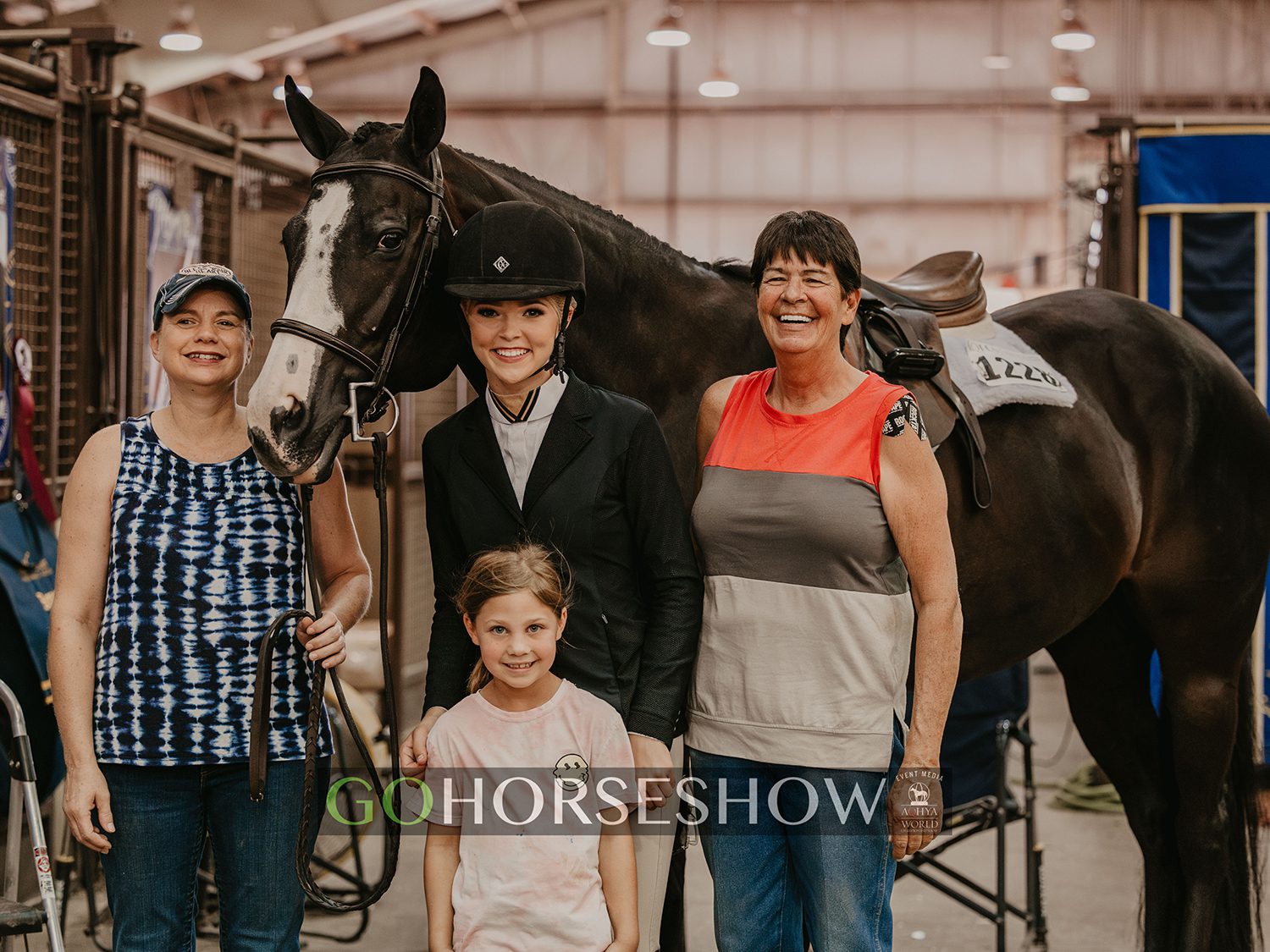 Stephanie McAlexander – We have had both of these situations arise in our program. I feel like each situation is different. The best approach for us is to keep the lines of communication open with the client on how to maximize their strengths and their horse’s. If there are still goals that are within reach, we encourage them to continue to reach for them.
Stephanie McAlexander – We have had both of these situations arise in our program. I feel like each situation is different. The best approach for us is to keep the lines of communication open with the client on how to maximize their strengths and their horse’s. If there are still goals that are within reach, we encourage them to continue to reach for them.
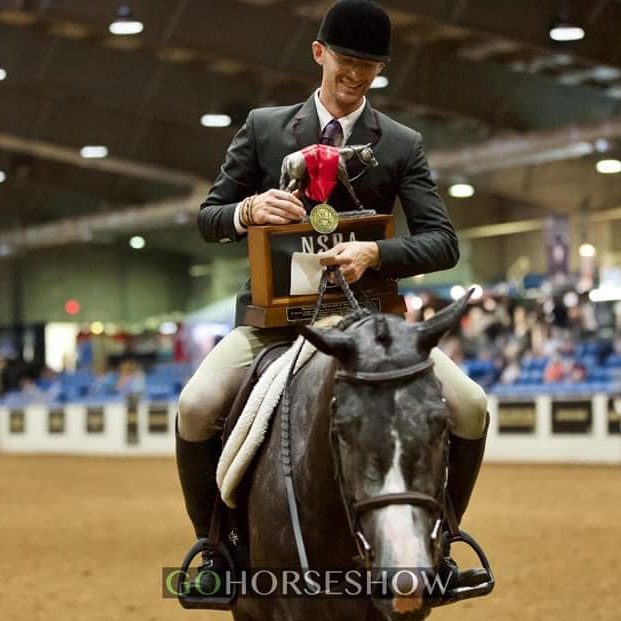 Julian Harris – As a young horse trainer, I would take on all kinds of horses. Some of which were any mix of naughty, sound, talented. As my program developed, I myself had to adapt my mindset. This industry is obsessed with talent. Finding it, cultivating it, etc…be willing as a rider to adapt. We can’t forget all the quirky horses that made some of our best riders.
Julian Harris – As a young horse trainer, I would take on all kinds of horses. Some of which were any mix of naughty, sound, talented. As my program developed, I myself had to adapt my mindset. This industry is obsessed with talent. Finding it, cultivating it, etc…be willing as a rider to adapt. We can’t forget all the quirky horses that made some of our best riders.
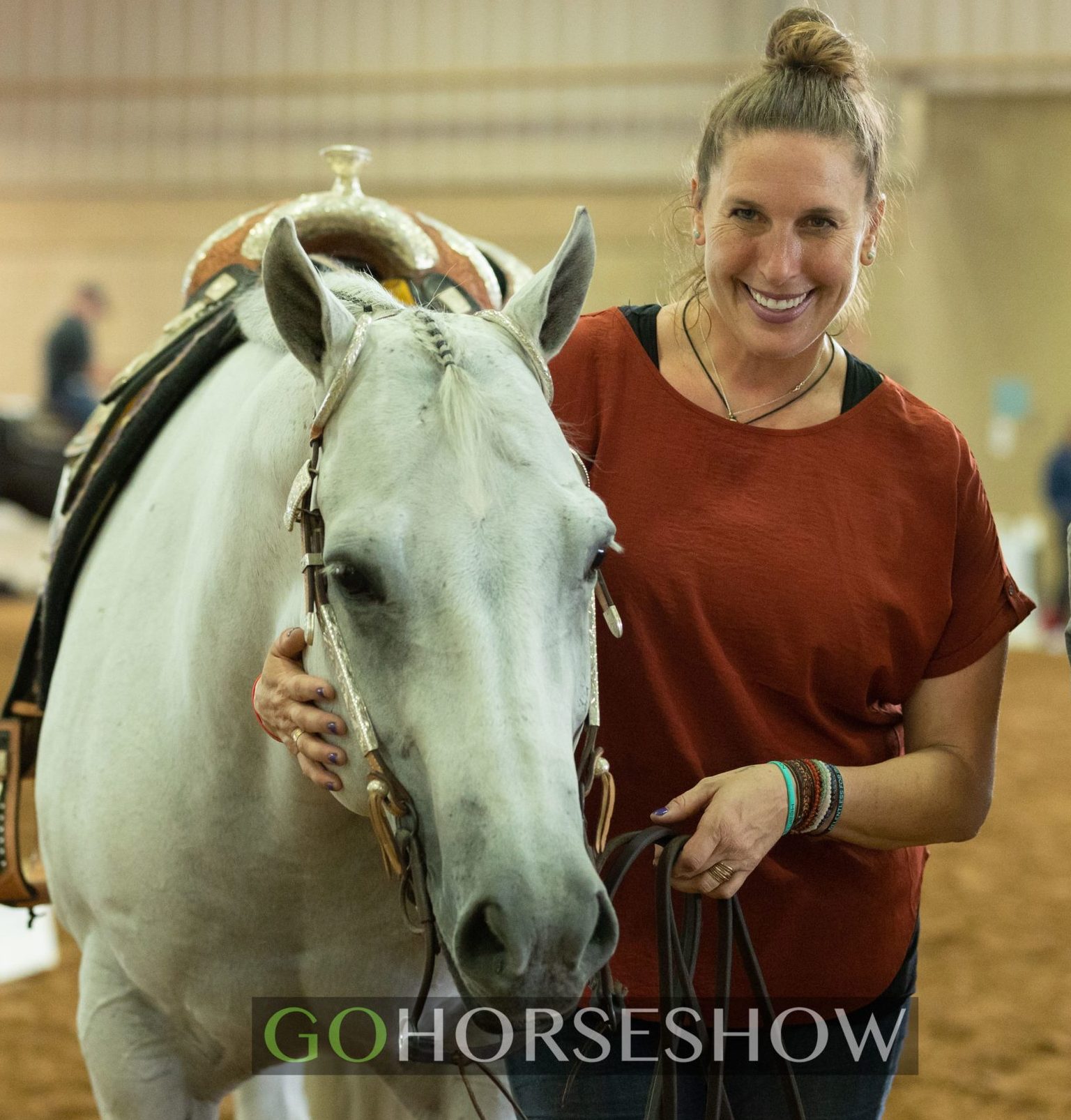 Megan Vanderslice – Our job as horse trainers is to cultivate connection. Making the most of every situation is beyond important. I will work my hardest to make a team work. In the past, I’ve bought a walk trot kid their next horse for 13 and under or novice. While she still showed her small fry horse, she was at home learning on her next horse. It was a great situation of developing a rider to match the horse. I also believe if you are a great rider, then you can make any horse look great and help them rise to the occasion. I very rarely give up on a horse or team. I am patient and will put in the extra time and encouragement to make it work.
Megan Vanderslice – Our job as horse trainers is to cultivate connection. Making the most of every situation is beyond important. I will work my hardest to make a team work. In the past, I’ve bought a walk trot kid their next horse for 13 and under or novice. While she still showed her small fry horse, she was at home learning on her next horse. It was a great situation of developing a rider to match the horse. I also believe if you are a great rider, then you can make any horse look great and help them rise to the occasion. I very rarely give up on a horse or team. I am patient and will put in the extra time and encouragement to make it work.


